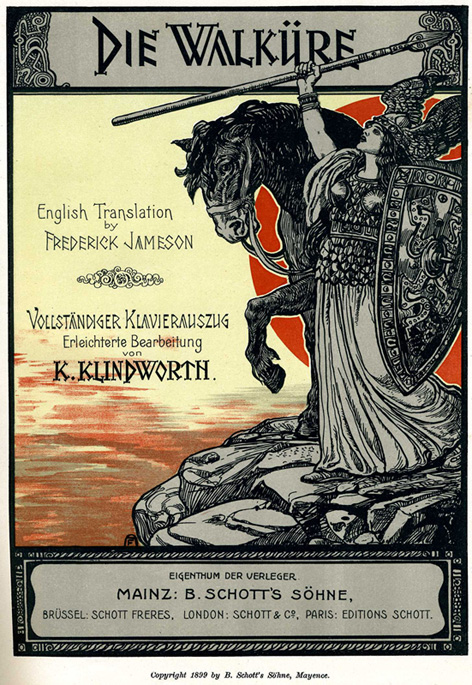
Today is C.S. Lewis’s birthday. He was born in 1898 in Belfast, Northern Ireland. I didn’t commemorate the date of his death (Nov. 22, 1963) this year, as is my usual custom. This year, I’d rather think about births than deaths.
My debt to “Jack” Lewis, as a reader and a fan-boy, is beyond calculation. His work was an instrument of God’s to bring me to the faith I have today.
You may celebrate or mourn that, as you like.
How do I feel about all the sexual harassment allegations rising about us like zombies in a bad movie? I’d be lying if I didn’t admit there’s considerable schadenfreude in seeing one after another sanctimonious liberal, all of whom have excoriated conservative Christians as sexists for years, getting their sheep’s clothing yanked off their backs.
This, by the way (especially in Hollywood), is an ironic fruit of the long-standing blacklisting that has kept conservatives out of the business (unless they keep very, very quiet). It may be that conservatives would have acted equally badly if they’d had the same kind of power. But we’ll never know, because they were excluded at the gate.
I’d like to think that all this would bring a return to traditional, Judeo-Christian sexual morality. But it won’t, of course. What will happen is that feminists will gain increased power. More and more male executives will be edged out and replaced by women who, having no better values, will act exactly the same way. Men will find it increasingly difficult to get promotions, and will more and more be relegated to “menial” jobs. And the already draconian regime of the Human Resources sensitivity police will come to rival the KGB.
In closing, here’s an article from Mental Floss on how to treat your books. Guaranteed to flood you with existential guilt.
Like this:
Like Loading...


